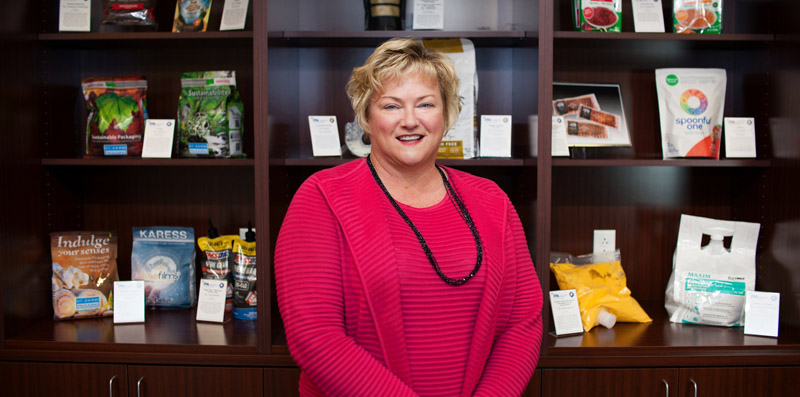2020 was not the year anyone expected, and 2021 will not be either. Along with the ongoing efforts to fight the novel coronavirus, the outcome of the elections—with both chambers in play, as well as the presidency—will shape 2021 and the next four years. For FPA, it means increased efforts to promote and protect the flexible packaging industry.
Under the Trump administration, FPA dealt with escalating trade issues, particularly on aluminum foil, but we saw tax relief and were recognized—rightly so—as a critical infrastructure workforce during the pandemic. Under continued Republican control, a pro-growth agenda is likely, with legislation focused on incentives for businesses and American jobs.
Legislation introduced along these lines includes a bill that would repeal the requirement to amortize research and development costs beginning in 2022 and restore immediate research and development expensing. Another bill aims to accelerate long-term investment growth by making permanent full expensing provisions and incentivizing these investments by providing businesses an opportunity to deduct certain expenses in the tax year in which they occur. A separate initiative would double the research and development tax credit, while a different one would allow American companies to bring back intellectual property developed offshore without any immediate U.S. tax cost.
FPA is well positioned to educate both sides of the aisle on the benefits of flexible packaging and the needs of our industry in order to continue to thrive as essential manufacturers in the U.S.
Under a Biden administration, it is likely that FPA members could see some tariff relief. However, corporate taxes may increase, and heightened federal scrutiny of plastics is expected. Biden’s theme of “Build Back Better,” a four-part economic plan, does have incentives for U.S. manufacturing and focuses particularly on infrastructure. For example, the platform would put $2 trillion into green infrastructure and energy over four years and aims to achieve carbon-free power generation by 2035. An infrastructure package such as this would be a good vehicle for funding advanced recycling infrastructure. Another part of the plan would tighten restrictions on “Buy American” and invest $400 billion in government procurement of U.S.-made goods. An additional $300 billion would be invested in research and development and breakthrough technologies, another area where the flexible packaging industry could benefit.
Whatever the outcome of the election and any new direction of our elected leaders, FPA is well positioned to educate both sides of the aisle on the benefits of flexible packaging and the needs of our industry in order to continue to thrive as essential manufacturers in the U.S.

Alison Keane, Esq., IOM, CAE
President and CEO
Flexible Packaging Association
